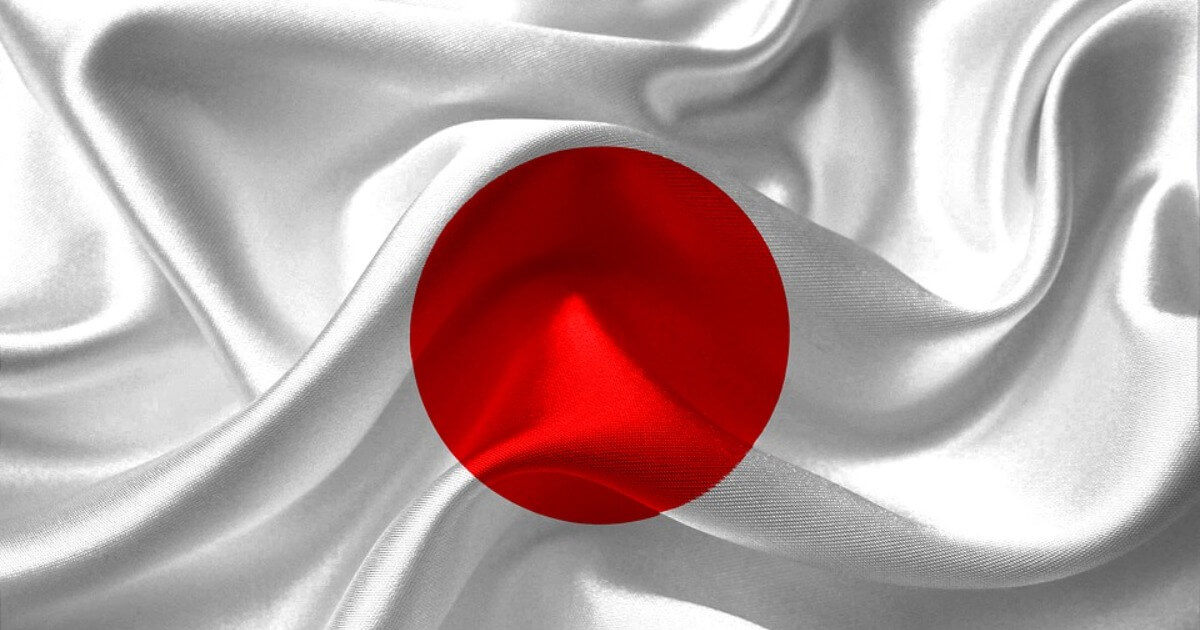Shinzo Abe’s Legacy for Japan
Japan’s longest-serving prime minister achieved not only a stable Japan — but one with a clear view of its own identity and role in the world.
August 31, 2020

History may look far more kindly on Shinzo Abe than Japanese voters did during his last few months of office. He resigned only days after setting a record as Japan’s longest-serving prime minister.
Already nostalgic?
Of late, Abe had been struggling in public opinion polls, not least because of voters’ frustration about his handling of the COVID 19 pandemic.
Yet, far from declaring good riddance to a premier who most likely would have continued to slide in popular support, Japan is already beginning to look back nostalgically on Shinzo Abe’s seven years and eight months in office.
There is widespread recognition of what he has achieved — not only a stable Japan, but one with a clear view of its own identity and role in the world.
A clear vision
Even his staunchest critics would not deny that Abe had a clear vision for Japan at a time when countries across the globe have been struggling to grapple with the shifts in the international balance of power and challenges to economic growth.
Until 2012, Japan had struggled with defining its identity in a post-Cold War order. As it ceded the number two spot in the global economy to China in 2010, the narrative for Japan both at home and abroad was that it was a country that had peaked, and would continue to slide with an aging population and growing debt.
Defensive realism
Abe, however, brought forth a grand vision, if not a strategy, for Japan to be able to reassert itself as a global power that would champion the rules and institutions that had helped the country reestablish itself after the end of World War II.
Faced with a more ambitious China that was not only increasing its military capabilities, but also eager to offer an alternative roadmap for international development that challenged U.S. dominance, Japan under Abe sought to enhance its defense capabilities and play a greater role in ensuring that the rule of law prevailed across Asia.
Abe’s vision was undoubtedly welcomed by Washington — and by EU member countries as well.
Assertive Japan, tepid voter support
Abe’s challenge, however, was that the prospect of a more muscular and assertive Japan had tepid support from Japanese voters themselves and from neighboring China and Korea in particular.
The prospects of Japan changing its pacifist constitution despite China’s growing military capabilities, the ongoing threat of North Korea and a less dependable United States as a security guarantor failed to garner wide public support.
What’s more, Abe’s much-noted overtures to reach out to President Trump personally to secure greater U.S. commitment to Japan has had mixed results, and did not necessarily translate to greater public support for his administration.
At the same time, many continued to see Abe’s vision for Japan as an extension of his own family’s aspiration, even as he became the country’s longest-serving prime minister.
A political blue-blood in action
Of course, there is no doubt that Abe is as political blue-blood as they come, with former Prime Minister Nobusuke Kishi as his maternal grandfather, and maternal grandfather Kan Abe a former member of the House of Representatives.
His family legacy no doubt gave him a considerable advantage especially within the conservative Liberal Democratic Party, but at the same time, it had continuously been a double-edged sword in winning over public support.
Abe’s single greatest achievement is undoubtedly the fact that he brought stability to Japanese politics and became an established global statesman at a time of great global upheaval.
Amid the rise of anti-globalization and economic nationalism, Abe’s endeavors to press ahead with the Trans-Pacific Partnership trade agreement and a bilateral trade deal with the EU positioned Japan as a champion of free trade and enhanced its standing as a keeper of the international order.
Late-stage hiccups
Abe’s handling of the coronavirus pandemic and the postponement of the Tokyo Olympics provided two important dampers, defining his government in 2020. Neither are expected to have easy solutions moving forward.
So perhaps it is no surprise that he resigned when he did. It echoed Abe’s first resignation as prime minister when he previously served in the post in 2007, when he left office after only a year due to health reasons.
Conclusion
As things stand, it seems unlikely that Abe’s eventual successor will be able to command the world stage as he did, and with it, Japan’s ability to be a global stabilizer will diminish as well.
Takeaways
As Japan’s longest-serving prime minister, Shinzo Abe achieved not only a stable Japan — but one with a clear view of its own identity and role in the world.
Japan under Abe sought to enhance its defense capabilities and play a greater role in ensuring that the rule of law prevailed across Asia.
Abe’s special challenge was that the prospect of a more assertive Japan had tepid support from Japanese voters -- and from neighboring China and Korea.
Abe’s greatest achievement is that he brought stability to Japanese politics. He became an established global statesman at a time of great global upheaval.
Abe’s positioned Japan as a champion of free trade and enhanced its standing as a keeper of the international order.
It seems unlikely that Abe’s eventual successor will be able to command the world stage as he did, and with it, Japan’s ability to be a global stabilizer will diminish as well.
Read previous
Global Diplomacy
The Erdogan/Hamas Axis?
August 29, 2020
